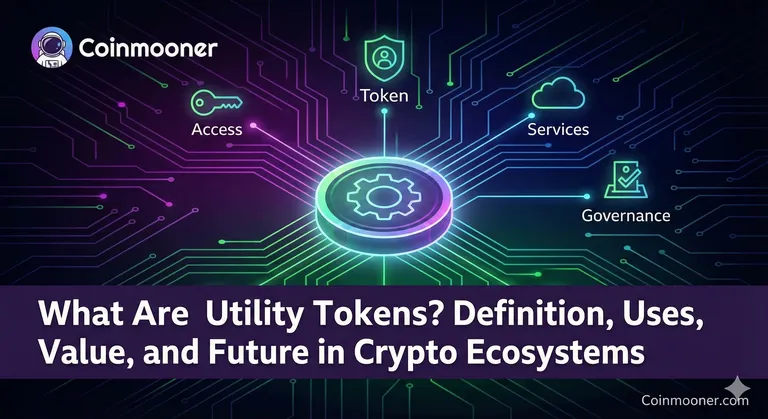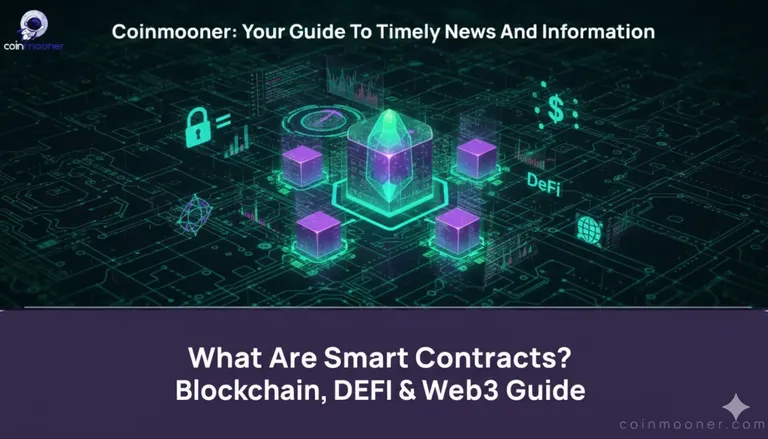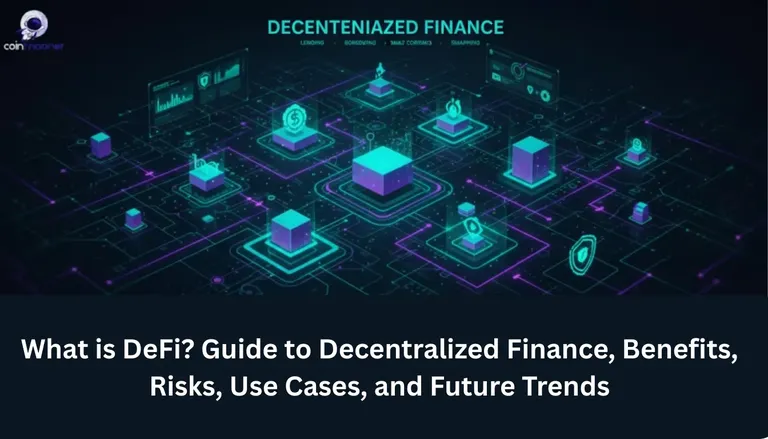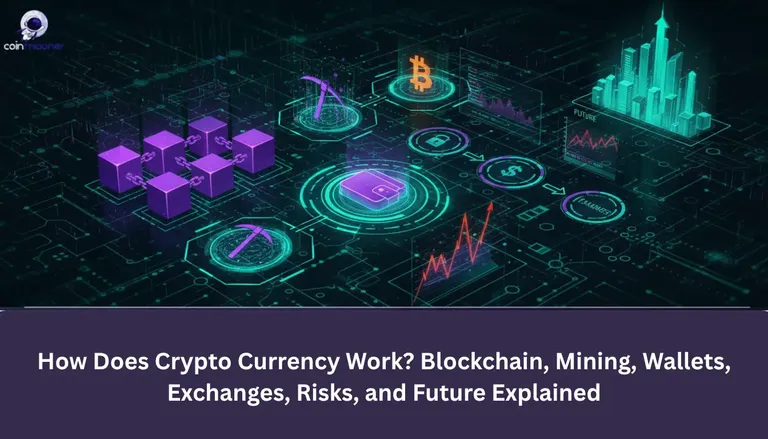AI Agents Powering the Future of Web3
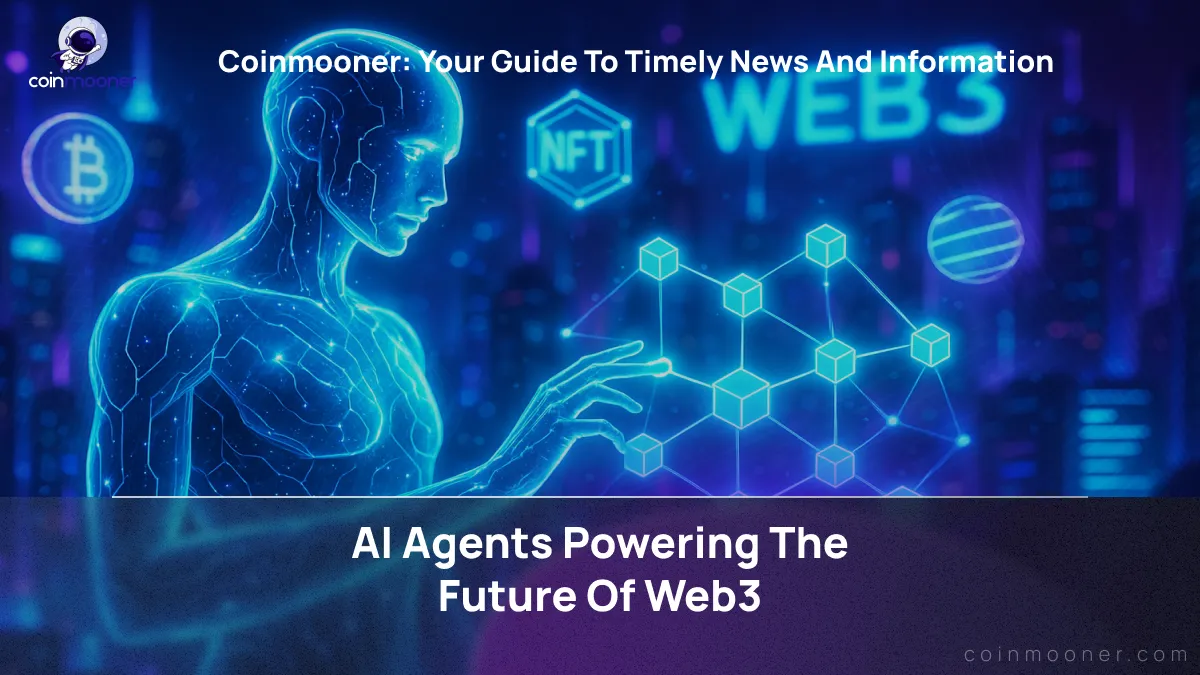
According to industry experts, artificial intelligence (AI) agents are moving fast to catalyze the Web 3.0 ecosystem, with benefits like simplifying complex tasks and improving user experiences.
Well into their journey to transform Web 3.0, Agentic AIs are becoming popular with crypto users, who use them for diverse tasks, including rolling out tokens quickly.
Individual users can leverage AI agents in Web3 for complicated tasks like trading with decentralized wallets, managing their DeFi portfolios, detecting fraud, and boosting their overall experience.
In a recent survey, global investment management firm VanEck predicted that the AI agents market would cross $47 billion, clocking a growth rate of 538% between 2022 and 2030.
As per a recent survey, by the end of the year, more than a million AI agents will be deployed in the Web 3.0 industry.
What Is the Role of AI Agents in Web3?
AI agents are programs that run autonomously and can help you complete complex tasks. Unlike chatbots, they don't need human intervention to solve problems and are trained with Language Learning Models (LLMs).
In 2024, cryptocurrencies leveraging AI agents bootstrapped more than $10 billion in market cap, as per media reports.

Key Use Cases Of AI Agents
Crypto experts believe that the earliest use cases for AI agents could be staking and on-chain trading.
When a crypto user stakes an asset, it is locked in a liquidity pool. The staked assets are used for boosting the protocol's security, where token holders turn validators to authenticate transactions.
Matt Hougan, who heads asset management firm Bitwise's research unit, says that while there are endless possibilities for AI agents in Web3, agentic AI-backed staking appears to be the logical first step.
Here are a few use cases where AI agents can be leveraged in Web 3.0:
1. AI Assistants: Crypto users can rope in AI agents to act as personal assistants and simplify their investments in real-time. Users can manage their time better while learning more and without needing expert guidance.
2. DAO: Under decentralized autonomous organizations (DAO) models of governance, token holders participate in all key decisions. With the help of AI agents in Web3, crypto users can make informed decisions with data-backed insights. They can also automate their tasks for more efficiency.
3. DeFi: Crypto users leveraging AI agents can look forward to benefits like automated trading, optimized investment portfolios, and risk mitigation to safeguard digital assets.
4. Real-world assets (RWAs): Another upcoming field where AI agents are making a splash is the tokenization of RWAs. Agentic AI can streamline tokenisation by automated execution of smart contracts, risk evaluation, valuation, and pricing.
5. Gaming: AI agents can provide an immersive gaming experience through personalized gameplay and interactive content, which can boost user retention.
Way Forward
AI agents in Web 3.0 might be fuelling global change, but they still have a lot of catching up to do with their centralized counterparts. According to Casey, centralized agents like ChatGPT are ahead of agentic AIs in terms of technical parameters like computational power and speed.
Other experts like Decentralised AI Society's co-founder, Michael Casey, suggest that AI agents' interactions with the Web 3.0 ecosystem won't be without challenges like technical hurdles and regulatory restrictions.
Experts feel that Web 3.0 developers should work towards decentralized solutions that offer cutting-edge training data while ensuring user privacy.
Lastly, innovators also need to focus on interoperability as the current AI systems lack the ability to interact seamlessly between different protocols, which is required for the large-scale adoption of Web 3.0 solutions.


